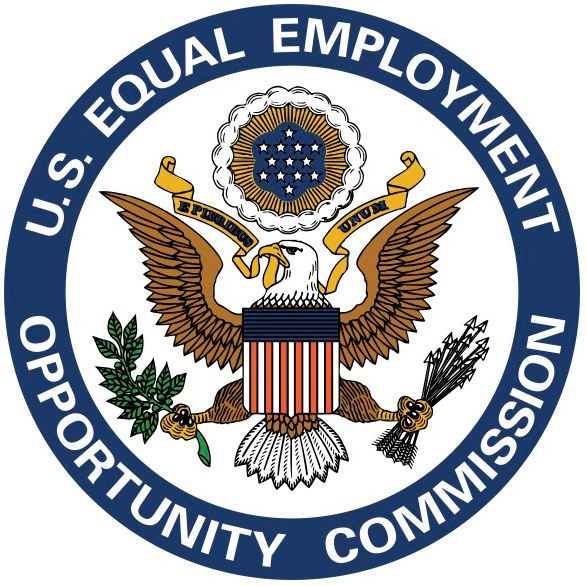11.3.21
By Jennifer Jacobus, PHRca, SDEA Director of HR Services.
The EEOC has recently update their FAQs relating to Covid, the ADA, the Rehabilitation Act and other EEO laws specifically relating to religious accommodations related to mandatory vaccines. Here is a summary of the update:
EEOC addressed a question on whether or not an employee, who is requesting an accommodation for a mandatory Covid vaccine requirement based on religious reasons, needs to use any specific language.
Part of EEOC’s reply stated the following, “When making the request, employees do not need to use any “magic words,” such as “religious accommodation” or “Title VII.” However, they need to notify the employer that there is a conflict between their sincerely held religious beliefs and the employer’s COVID-19 vaccination requirement.
Best practice is that employers have a well-established and communicated policy so employees know how to request and accommodation and who to submit the request to.
One of the big questions that was addressed in the update, a common question SDEA receives, is if the employer needs to take the request for a religious accommodation at face value or if the employer is allowed to request additional information.
EEOC’s response, in part, stated, “generally, under Title VII, an employer should assume that a request for religious accommodation is based on sincerely held religious beliefs. However, if an employer has an objective basis for questioning either the religious nature or the sincerity of a particular belief, the employer would be justified in making a limited factual inquiry and seeking additional supporting information”.
 There are many religions and beliefs that are more “well-known” than others. Having said that, an employer should not assume that a request based on an unfamiliar religious belief is invalid. Employees may be asked to explain the religious nature of their belief and should not assume that the employer already knows or understands it. Title VII does not protect social, political, or economic views, or personal preferences.
There are many religions and beliefs that are more “well-known” than others. Having said that, an employer should not assume that a request based on an unfamiliar religious belief is invalid. Employees may be asked to explain the religious nature of their belief and should not assume that the employer already knows or understands it. Title VII does not protect social, political, or economic views, or personal preferences.
Undue hardship was also addressed in the update. EEOC continues to encourage employers to consider all possible accommodations including telework and reassignment as long as it does not pose an undue hardship on the employer. The Supreme Court has held that requiring an employer to bear more than a “de minimis,” or a minimal, cost to accommodate an employee’s religious belief is an undue hardship. Costs to be considered include not only direct monetary costs but also the burden on the conduct of the employer’s business – including, in this instance, the risk of the spread of COVID-19 to other employees or to the public.
An employer will need to assess undue hardship by considering the particular facts of each situation and will need to demonstrate how much cost or disruption the employee’s proposed accommodation would involve. Employers are encouraged to seek legal counsel or put in a call to your favorite SDEA consultant when denying an accommodation.
Here is a full update on the EEOC’s FAQ: https://www.eeoc.gov/wysk/what-you-should-know-about-covid-19-and-ada-rehabilitation-act-and-other-eeo-laws.
Remember that SDEA is here to help and provide guidance. SDEA members have access to unlimited consultation with our HR Consultants; just a call away — 858.505.0024.




